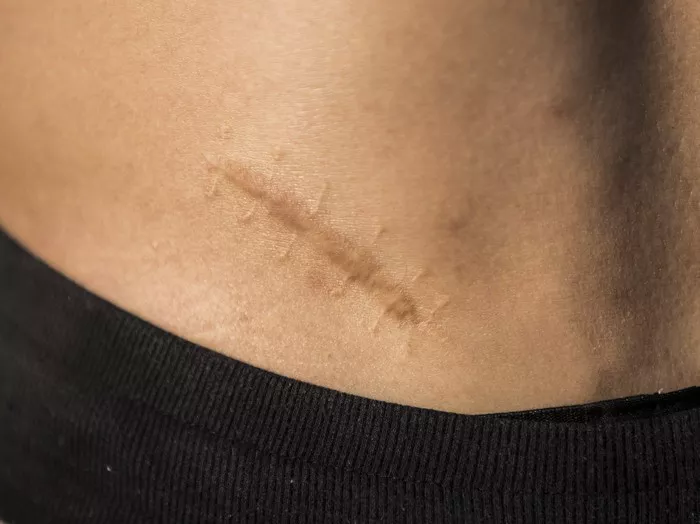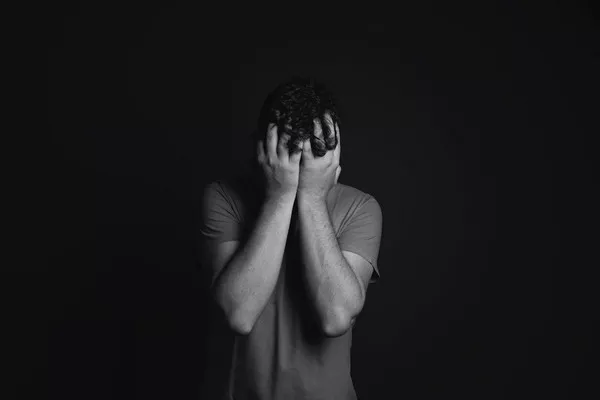Bipolar disorder is a complex and multifaceted mental health condition characterized by extreme shifts in mood, energy, and activity levels. While the exact cause of bipolar disorder remains unknown, research suggests that a combination of genetic, biological, and environmental factors may contribute to its development. In recent years, there has been growing interest in understanding the factors that may contribute to late onset bipolar disorder, which manifests for the first time in adulthood. In this article, we’ll delve into the complexities of late onset bipolar disorder, explore potential causes and risk factors, and discuss the importance of early detection and treatment.
Defining Late Onset Bipolar Disorder: Understanding the Basics
Bipolar disorder typically manifests in late adolescence or early adulthood, with symptoms often appearing between the ages of 15 and 25. However, some individuals may experience their first episode of bipolar disorder later in life, commonly referred to as late onset bipolar disorder. While the exact age range for late onset bipolar disorder varies, it generally occurs after the age of 50.
Late onset bipolar disorder presents unique challenges and considerations compared to early onset bipolar disorder. It may be mistaken for other mental health conditions or attributed to the natural aging process, leading to delays in diagnosis and treatment. Understanding the factors that contribute to late onset bipolar disorder is essential for improving recognition, intervention, and outcomes for affected individuals.
Exploring Potential Causes: Genetic and Biological Factors
Genetic predisposition plays a significant role in the development of bipolar disorder, with research suggesting that individuals with a family history of the condition are at increased risk. While early onset bipolar disorder is often associated with a strong genetic component, the role of genetics in late onset bipolar disorder is less clear.
Some studies have suggested that late onset bipolar disorder may be associated with specific genetic variations or mutations that increase susceptibility to the condition. Additionally, changes in brain structure and function, neurotransmitter imbalances, and abnormalities in the body’s stress response system may contribute to the onset of bipolar disorder later in life.
Biological factors such as hormonal changes, chronic medical conditions, and neurological disorders may also play a role in the development of late onset bipolar disorder. For example, hormonal fluctuations during menopause or thyroid dysfunction have been implicated as potential triggers for mood disturbances in older adults.
Considering Environmental and Psychosocial Influences
In addition to genetic and biological factors, environmental and psychosocial influences may contribute to the onset of bipolar disorder later in life. Stressful life events, trauma, loss, and significant life transitions, such as retirement or divorce, can all impact mental health and increase the risk of mood disorders, including late onset bipolar disorder.
Substance abuse, particularly alcohol and drug use, can also exacerbate symptoms of bipolar disorder and contribute to its onset in older adults. Substance misuse may be more common in older adults as a coping mechanism for managing stress, loneliness, or other life challenges.
Social isolation, limited social support networks, and inadequate access to mental health care can further complicate the management of late onset bipolar disorder. Older adults may face unique barriers to seeking treatment, including stigma, financial constraints, and age-related health concerns, which can hinder timely diagnosis and intervention.
Recognizing the Importance of Early Detection and Treatment
Early detection and intervention are crucial for improving outcomes and quality of life for individuals with late onset bipolar disorder. However, diagnosing bipolar disorder in older adults can be challenging due to overlapping symptoms with other medical and psychiatric conditions, as well as age-related changes in cognition and behavior.
Healthcare providers must conduct thorough assessments, including comprehensive medical and psychiatric evaluations, to accurately diagnose late onset bipolar disorder and rule out other potential causes of mood disturbances. Collaborative care approaches involving primary care physicians, psychiatrists, geriatric specialists, and other healthcare professionals can help ensure timely and appropriate management of bipolar disorder in older adults.
Treatment for late onset bipolar disorder typically involves a combination of pharmacotherapy, psychotherapy, and psychosocial interventions tailored to the individual’s unique needs and preferences. Mood stabilizers, antipsychotic medications, and antidepressants may be prescribed to manage symptoms and stabilize mood fluctuations. Psychotherapy techniques such as cognitive-behavioral therapy (CBT), interpersonal therapy (IPT), and psychoeducation can help individuals develop coping strategies, improve problem-solving skills, and enhance social support networks.
Promoting Holistic Wellness and Resilience
In addition to traditional treatment approaches, promoting holistic wellness and resilience is essential for managing late onset bipolar disorder and improving overall quality of life. Lifestyle modifications such as regular exercise, balanced nutrition, adequate sleep, and stress management techniques can help support mood stability and enhance emotional well-being.
Social engagement, meaningful activities, and community involvement are also important aspects of recovery for individuals with late onset bipolar disorder. Building strong social connections, participating in leisure activities, and maintaining a sense of purpose and meaning can provide valuable sources of support and fulfillment.
Furthermore, ongoing monitoring and follow-up care are essential for managing late onset bipolar disorder and preventing relapse. Healthcare providers should collaborate closely with patients and their families to develop comprehensive care plans, monitor treatment response, and adjust interventions as needed to optimize outcomes.
Conclusion: Shedding Light on Late Onset Bipolar Disorder
Late onset bipolar disorder presents unique challenges and considerations for affected individuals, their families, and healthcare providers. While the exact causes of late onset bipolar disorder remain elusive, a combination of genetic, biological, environmental, and psychosocial factors likely contribute to its development.
Understanding the complexities of late onset bipolar disorder is essential for improving recognition, diagnosis, and treatment of this condition in older adults. Early detection and intervention, comprehensive assessment, collaborative care approaches, and holistic wellness strategies are key components of effective management for late onset bipolar disorder.
By shedding light on the causes and treatment of late onset bipolar disorder, we can empower individuals to seek help, reduce stigma, and enhance quality of life for those living with this challenging condition. Together, we can work towards a future where all individuals affected by late onset bipolar disorder receive the care, support, and resources they need to thrive.
[inline_related_posts title=”You Might Be Interested In” title_align=”left” style=”list” number=”6″ align=”none” ids=”7299,7296,7293″ by=”categories” orderby=”rand” order=”DESC” hide_thumb=”no” thumb_right=”no” views=”no” date=”yes” grid_columns=”2″ post_type=”” tax=””]
































